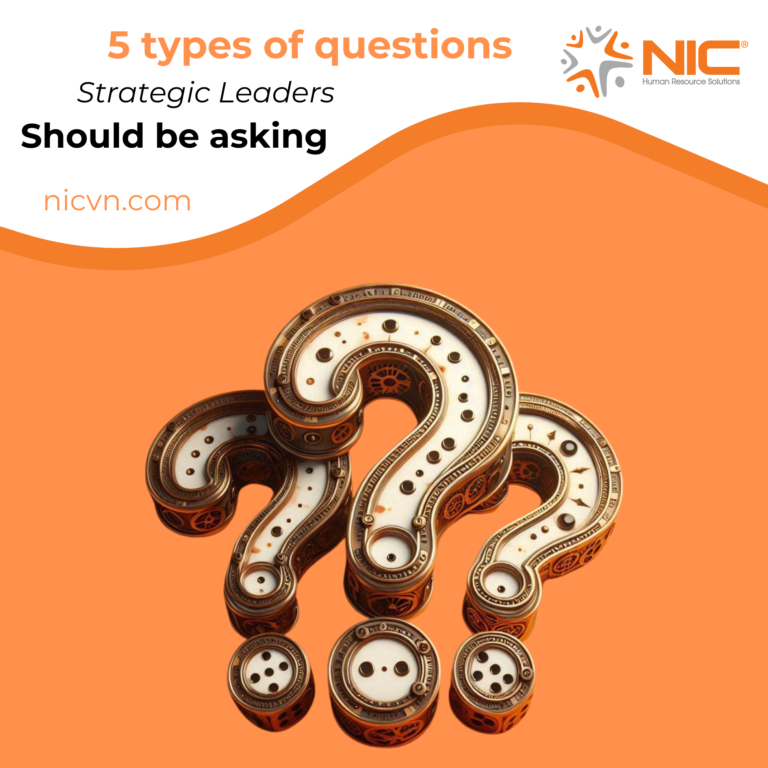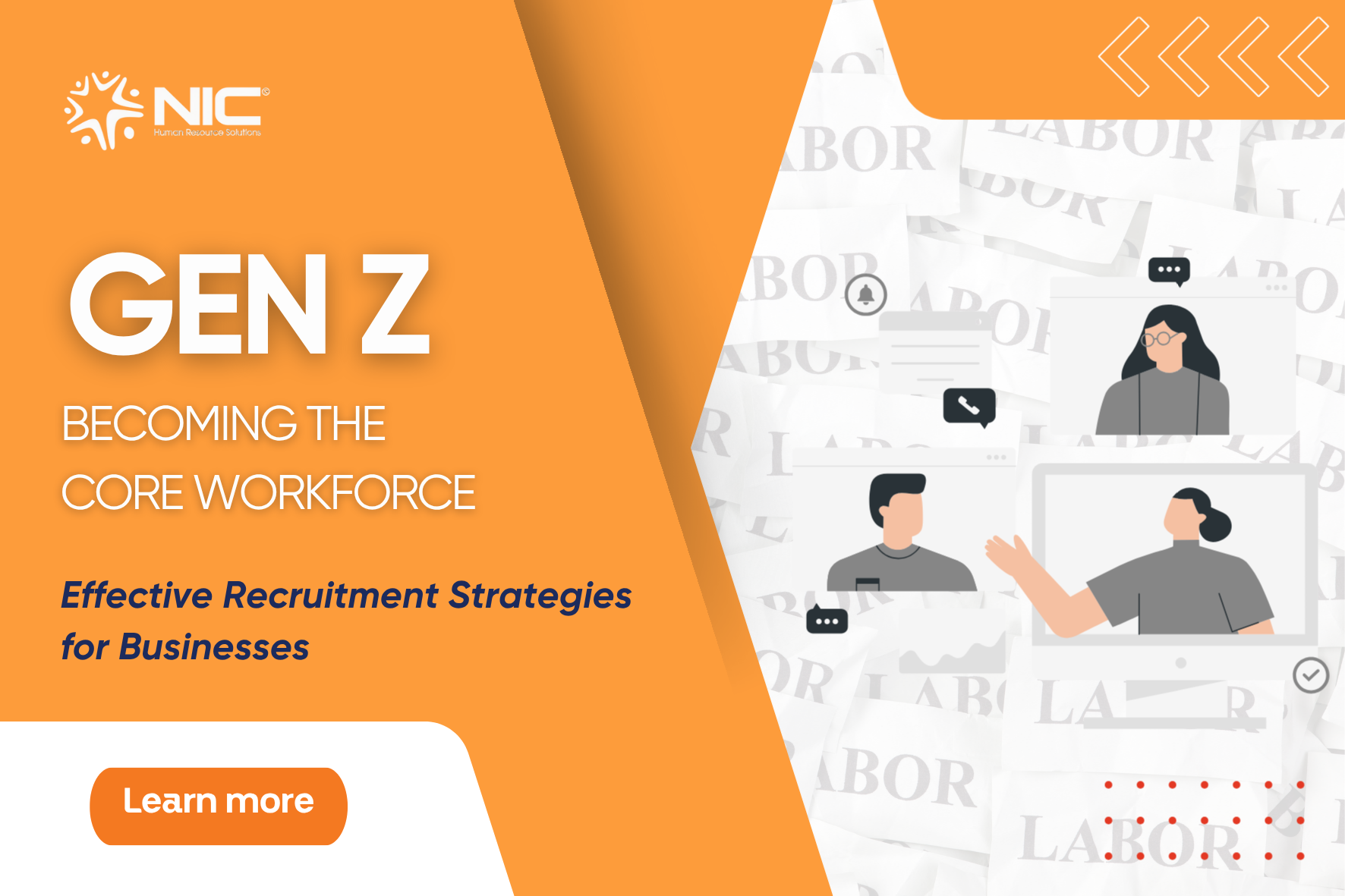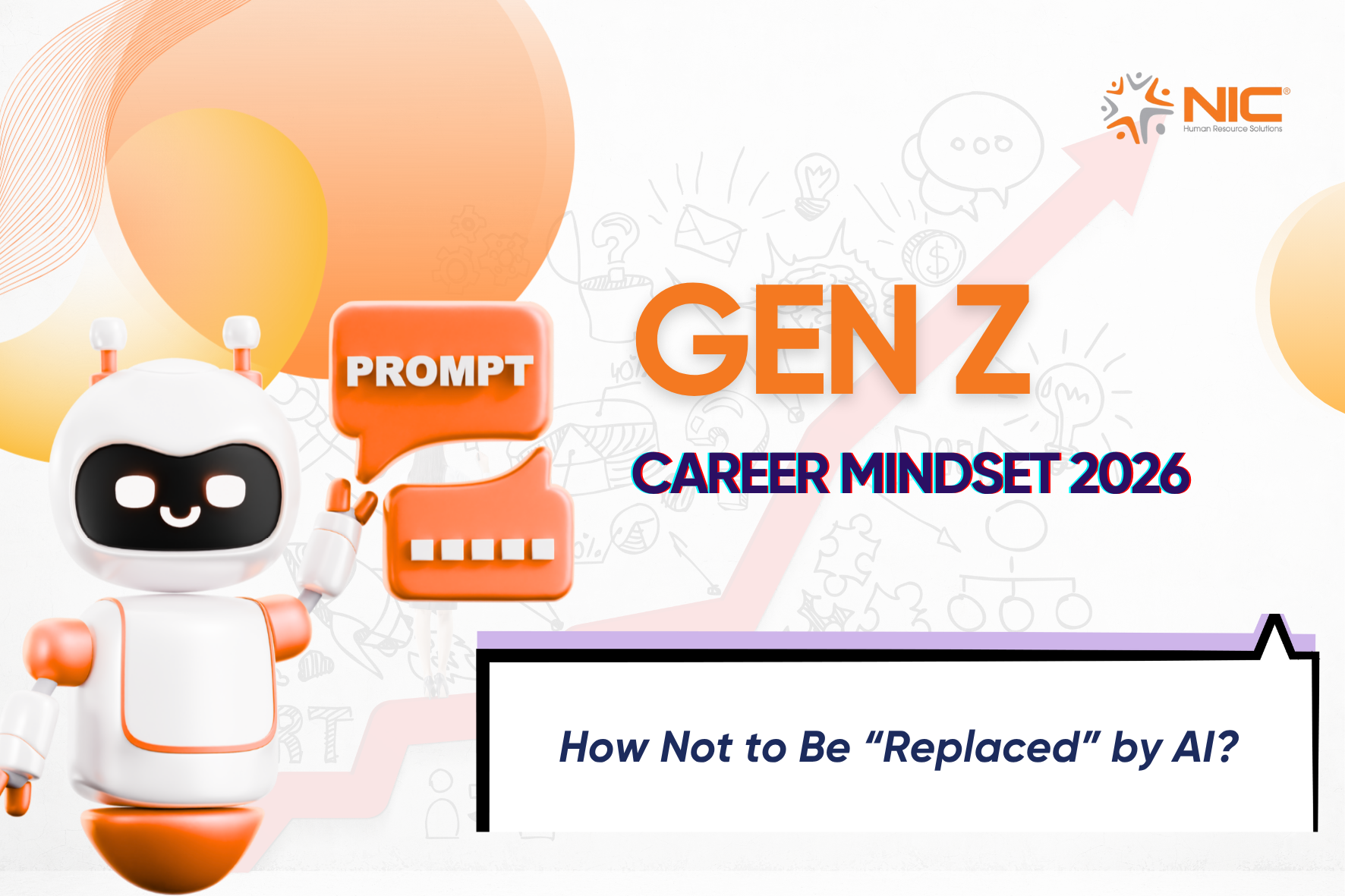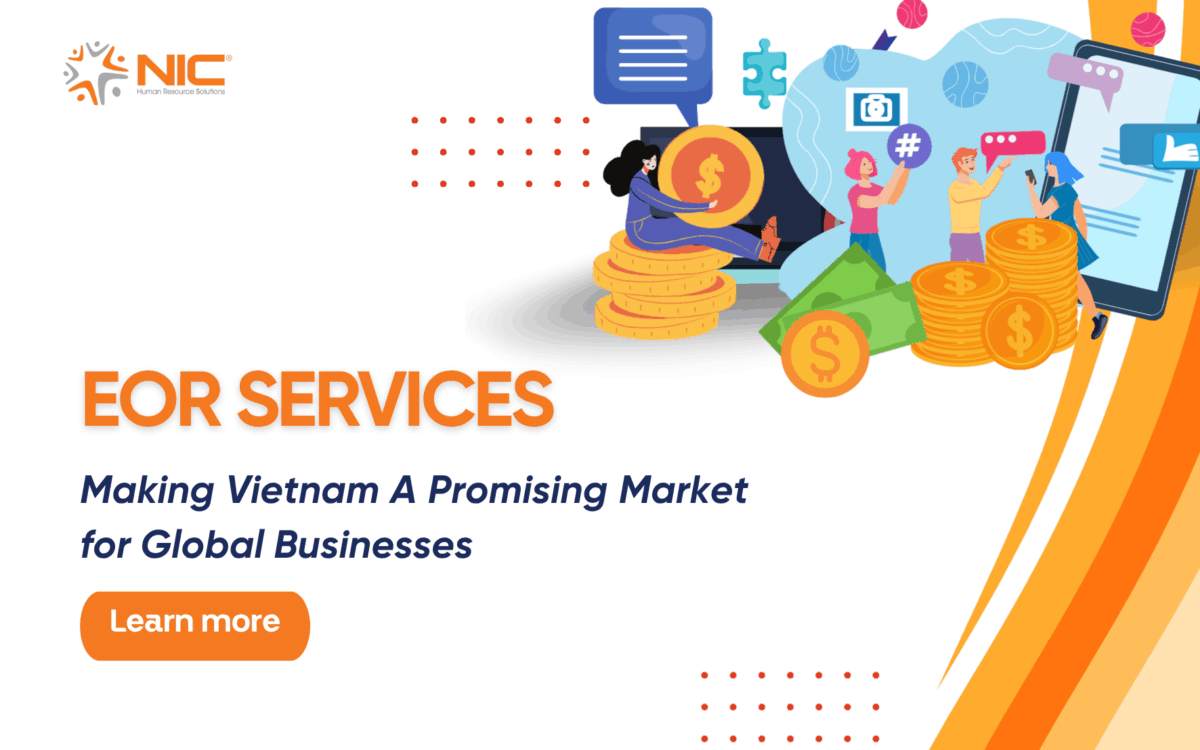5 Types of Questions Strategic Leaders Should Be Asking

To begin with, in the ever-evolving landscape of recruitment and HR solutions, asking the right questions is paramount for strategic leaders. For instance, Arnaud Chevallier, a strategy professor at IMD Business School, emphasizes the importance of using a diverse set of questions to uncover crucial insights and avoid the pitfalls of solution mode. Furthermore, over years of research and hundreds of interviews with top executives, Chevallier identified five key types of questions that can elevate decision-making and foster a more innovative and inclusive organizational culture.
1. Investigative Questions
Firstly, investigative questions are designed to delve deep into the root causes of issues, similar to Toyota’s ‘five whys’ approach. Also, these questions help you thoroughly explore the problem at hand, ensuring that you understand the underlying factors before jumping to solutions.
Examples:
- so, What is and isn’t working?
- What are the causes of the problem?
- so, How feasible and desirable is each option?
- What evidence supports our proposed plan?
2. Speculative Questions
Secondly, while investigative questions dig deep, speculative questions encourage broader thinking and challenge existing assumptions. Therefore, by asking “what if” scenarios, leaders can foster innovation and explore unconventional solutions.
Examples:
- What if we didn’t care about costs?
- What if we could relax these other constraints?
- Could we approach this differently?
- What other scenarios might exist?
- What potential solutions have we not considered?
3. Productive Questions
Thirdly, productive questions are geared towards moving processes along efficiently. Moreover, these questions help adjust the pace of decision-making, ensuring that you don’t rush to conclusions without adequate information or fall prey to cognitive biases.
Examples:
- What do we need to achieve before we advance to the next stage?
- Do we know enough to move forward?
- Do we have the resources to move forward?
- Are we ready to make a decision?

4. Interpretative Questions
Certainly, interpretative, or sense-making, questions take the insights gained from investigative, speculative, and productive questions and turn them into actionable strategies. Also, these questions help clarify the implications of new information and align actions with overarching goals.
Examples:
- What did we learn from this new information?
- What could this mean for our present and future actions?
- How does this fit in with our overarching goal?
- What are we trying to achieve?

5. Subjective Questions
Finally, subjective questions are crucial for uncovering the emotional or political insights that often go unsaid. Also, these questions help surface hidden tensions, align stakeholder interests, and ensure that all voices are heard in the decision-making process.
Examples:
- How do you feel about this decision?
- What aspect of this most concerns you?
- Are there any differences between what was said, what was heard, and what was meant?
- Are all stakeholders genuinely aligned?
- Have we consulted all the right people?
In conclusion, by integrating these five types of questions into your leadership approach, you can enhance your strategic thinking and foster a more inclusive and innovative organizational culture. As Arnaud Chevallier suggests, continuously updating and refining your question set can significantly improve the quality of decisions you make.
Lastly, ready to transform your leadership approach and become strategic leaders?
For contact and support:
Facebook: NIC Global – Human Resource Solutions
Linkedin: NIC Global Sourcing JSC
Website: www.nicvn.com
Email: info@nicvn.com
Hotline: 0981.23.43.76
Address:
1. Hanoi Office: No. 3A Thi Sach, Pham Dinh Ho Ward, Hai Ba Trung District, Hanoi, Vietnam
2. Ho Chi Minh City Office: Dakao Center Building, 35 Mac Dinh Chi, District 1, Ho Chi Minh City, Vietnam
See more:
Payroll service
Staffing service
EOR service





